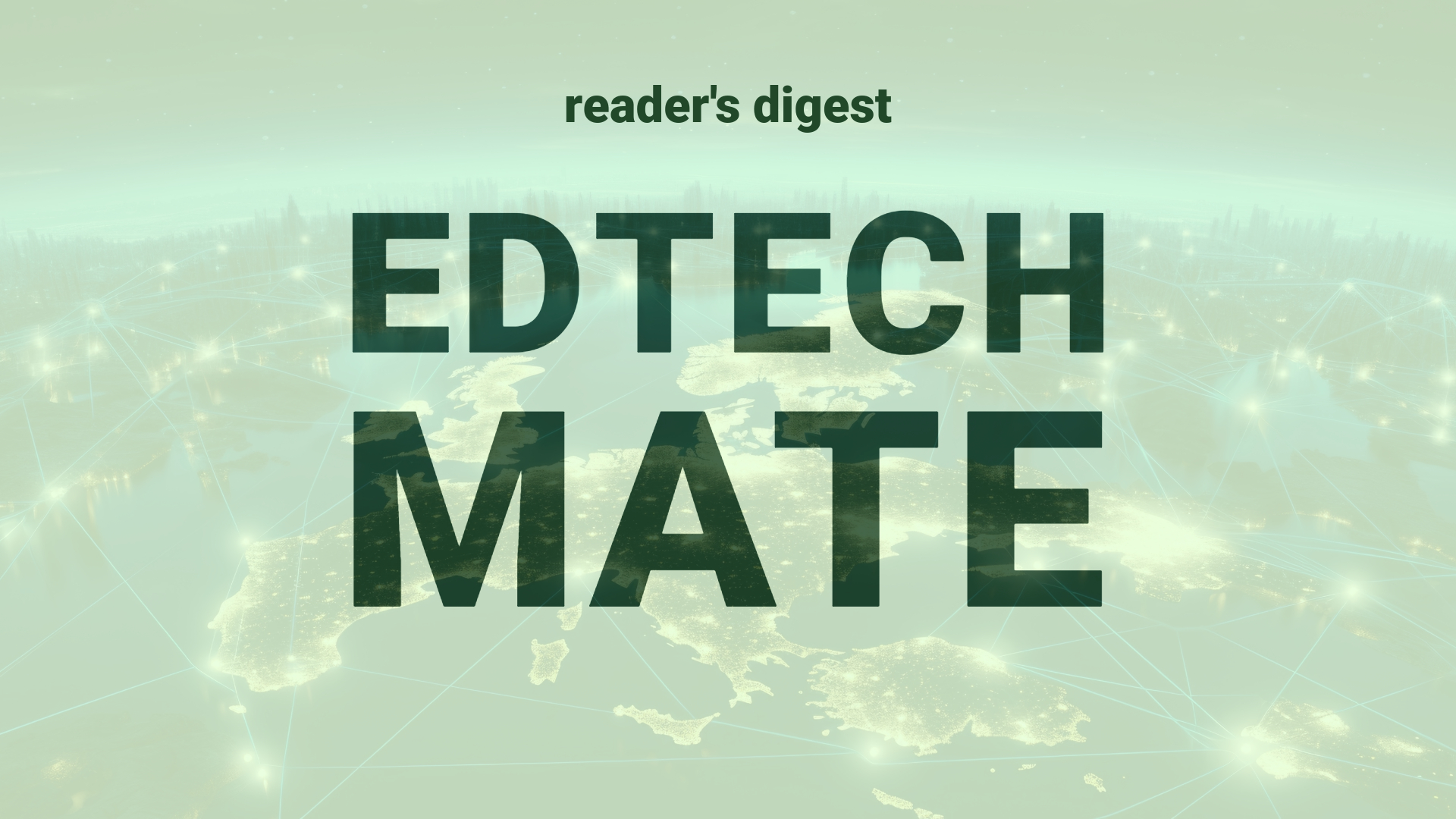Executive Summary and Main Points
The education technology landscape is dynamically evolving within the sphere of global higher education, marked by noteworthy trends and innovations. A paradigm shift is observed in the treatment and perception of PhD students in various countries, with Scandinavian nations emerging as exemplars. The notable takeaways encompass a juxtaposition of stipends in accordance with the cost of living, workers’ rights in academe, the efficacy of educational systems sans extensive coursework, and the integral role of supervisor-student dynamics. The broad appreciation for PhD candidates is reflected through competitive stipends paralleling industry standards and societal valuation extending beyond mere economic metrics.
Potential Impact in the Education Sector
Scandinavian practice sets a precedent that could revolutionize Further Education, Higher Education, and Micro-credentials. By equating PhD stipends to professional wages, these regions acknowledge and foster academic contributions as vital to societal progress. A reproducible model emerges, ripe for strategic partnerships premised on mutual respect and equitable compensation. Should this paradigm become widespread, it could encourage increased digitalization, whereby the accessibility and delivery of education may evolve to embrace fair remuneration across international educational vectors.
Potential Applicability in the Education Sector
A convergence of AI and digital tools may be judiciously applied to emulate successful Scandinavian protocols worldwide. Tracking the cost of living to stipend ratios with AI and instituting digital platforms could standardize equitable compensation structures. Furthermore, leveraging digital avenues could expedite the dissemination of rights-based educational policies, bolster transparency and accentuate fair treatment. AI could also systemize supervisor training programs ensuring harmonious supervisor-student relationships, thus enhancing PhD students’ educational experiences globally.
Criticism and Potential Shortfalls
Despite the Scandinavian model’s laudable aspects, possible criticisms include cultural insensitivity and economic disparities in practical application. Uniform application without regard to local nuances might lead to discord, seen through an international lens. Ethically, the replication of this model must also consider varying economic capacities and measure success beyond mere financial metrics. Comparative case studies, such as contrasting the U.S. PhD coursework model with that of Europe’s research-centric approach, provide tangible groundwork for assessing such shifts, mindful of academic freedom and cultural identity.
Actionable Recommendations
International educational leadership should consider leveraging Scandinavia’s approach by contextualizing PhD compensation within their distinct socio-economic frameworks. Active policy-making promoting workers’ rights in academia, coupled with methodical transitions toward reduced coursework, could see worldwide qualitative improvements. Moreover, fostering cross-cultural academic partnerships using AI-enhanced platforms would not only streamline these adaptations but also encourage a global embrace of these educational advancements. Essential to these innovations is the nuanced alignment with cultural values and respect for the existing educational systems.

